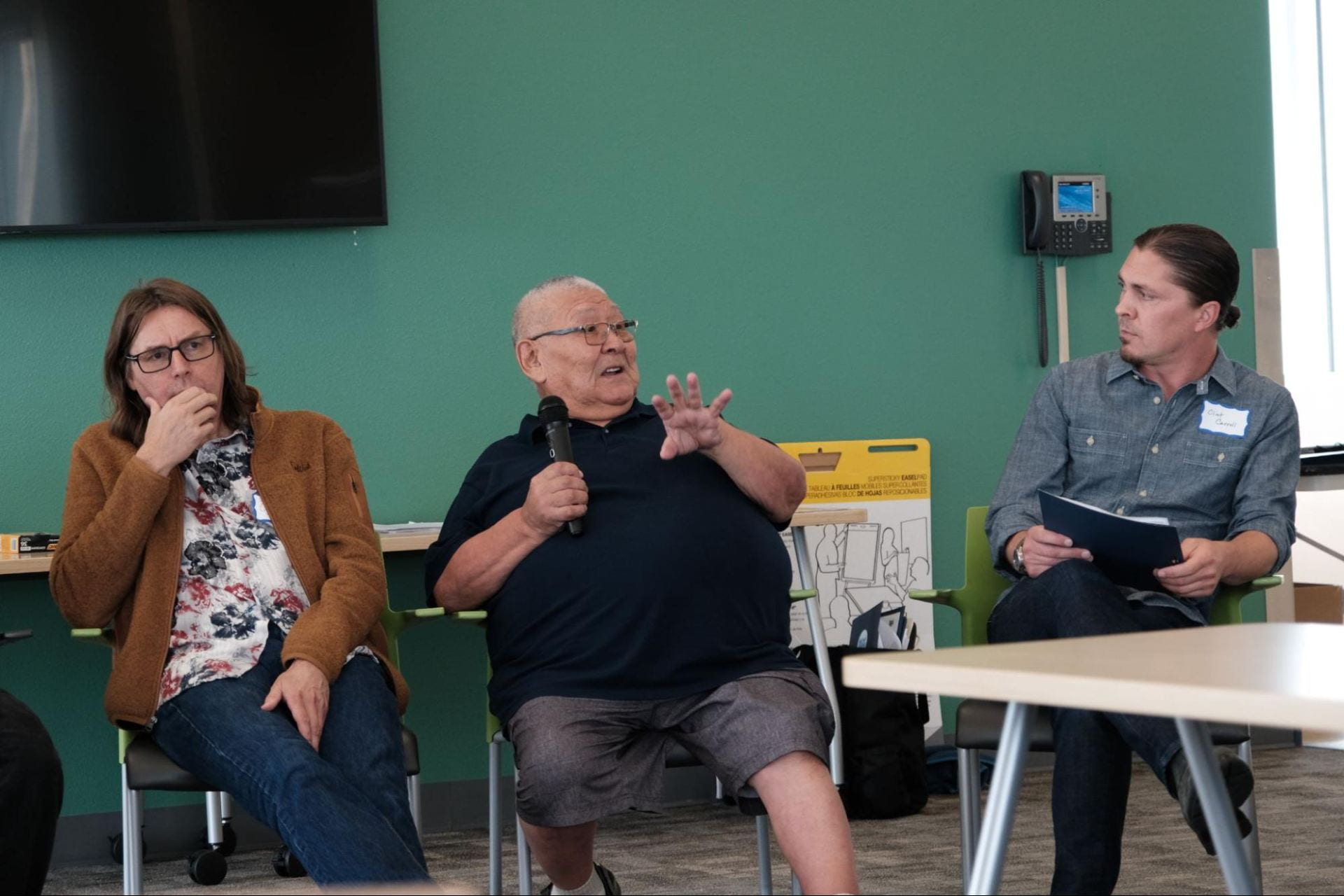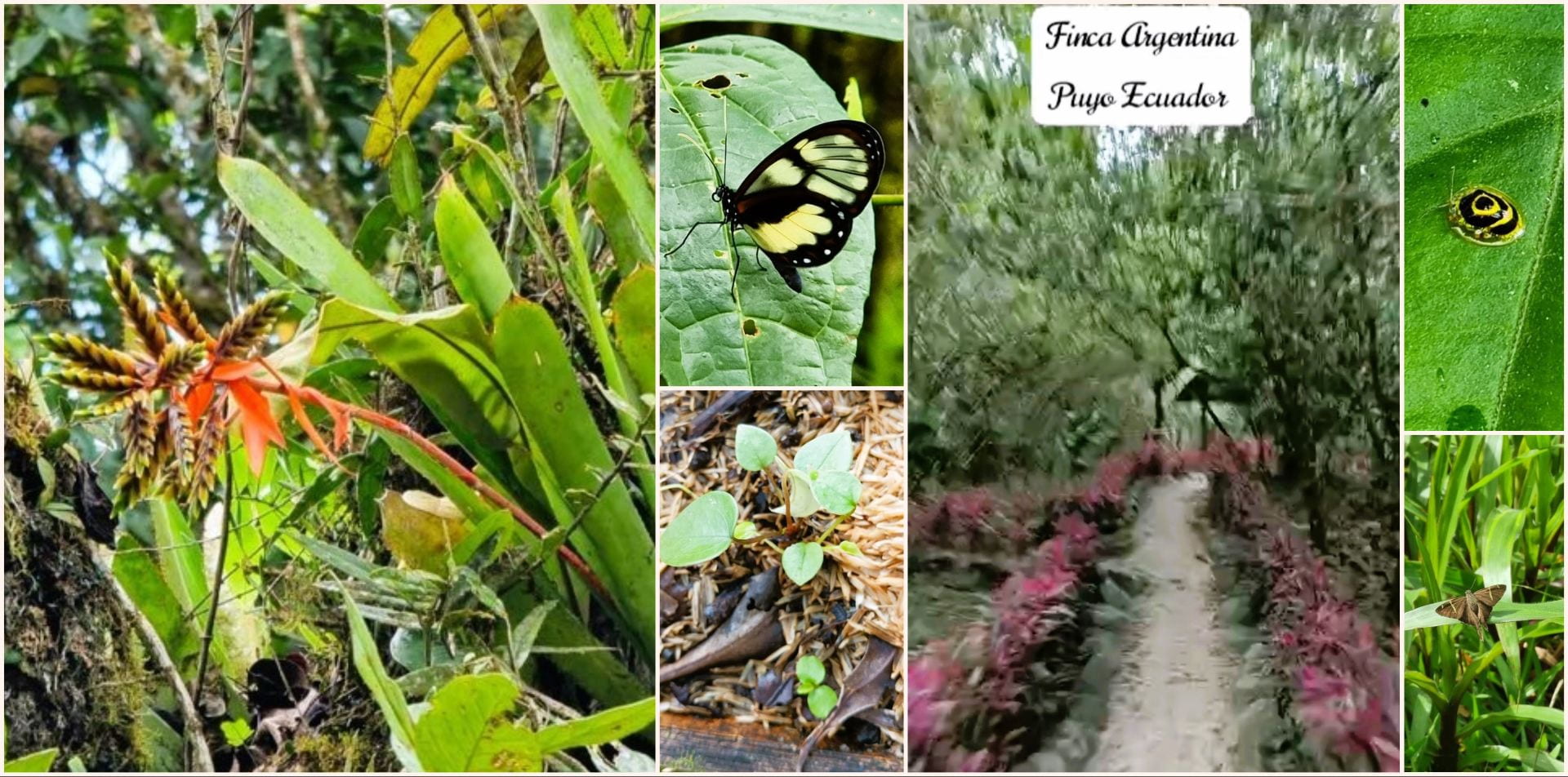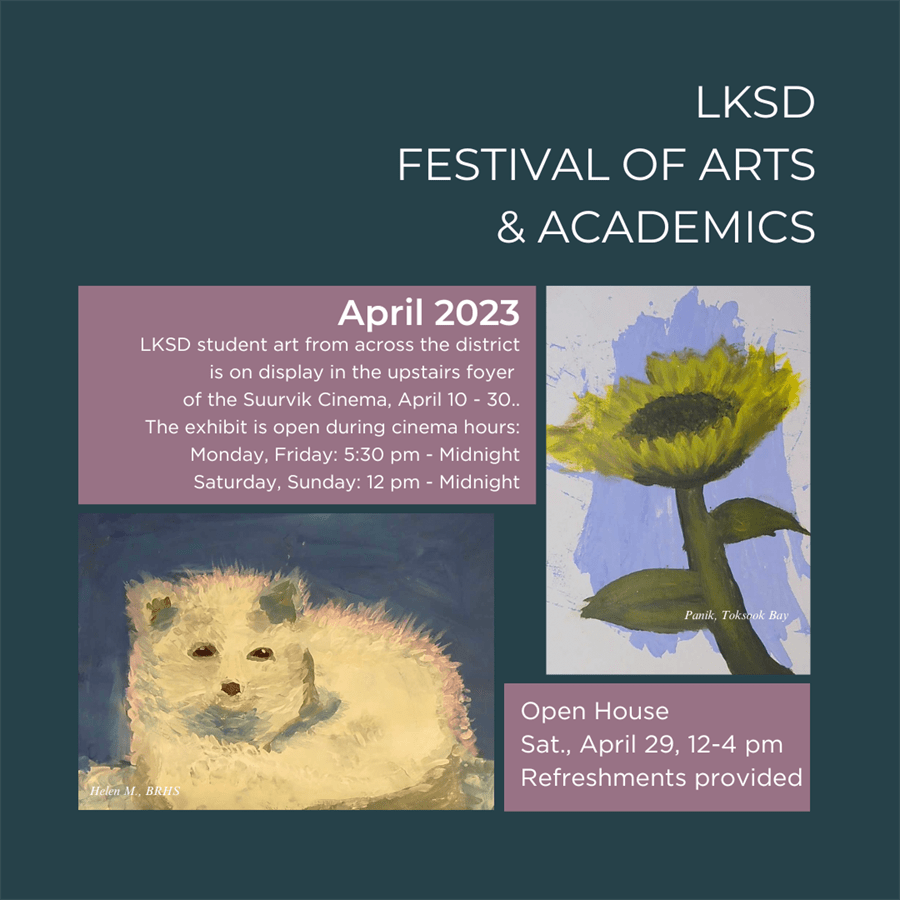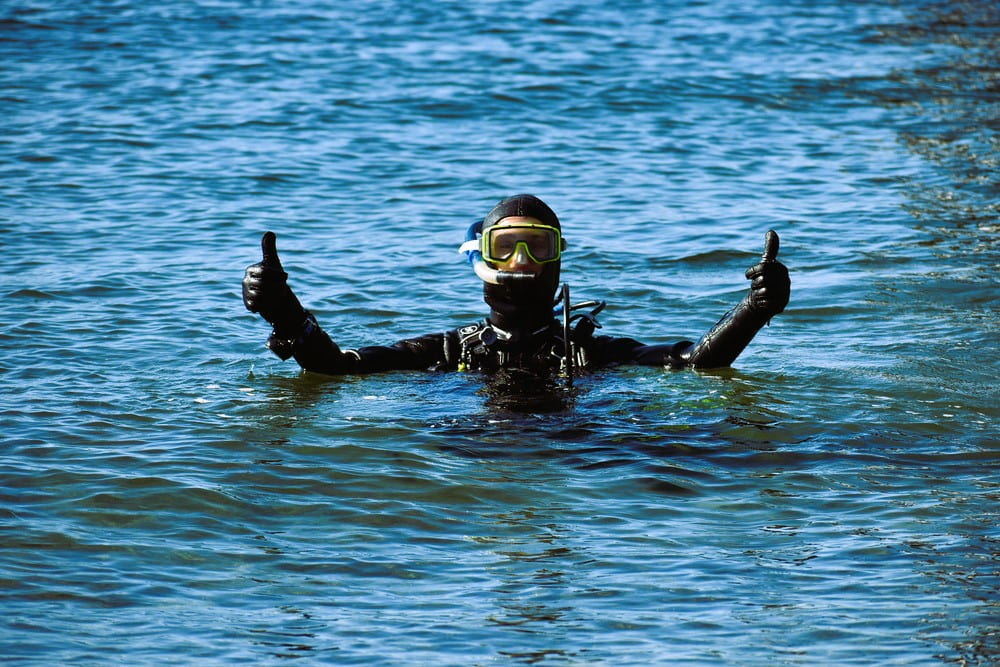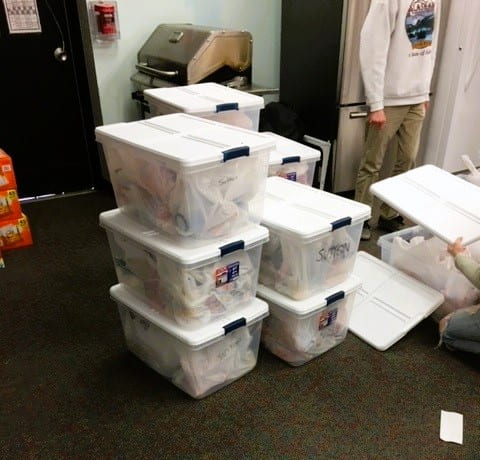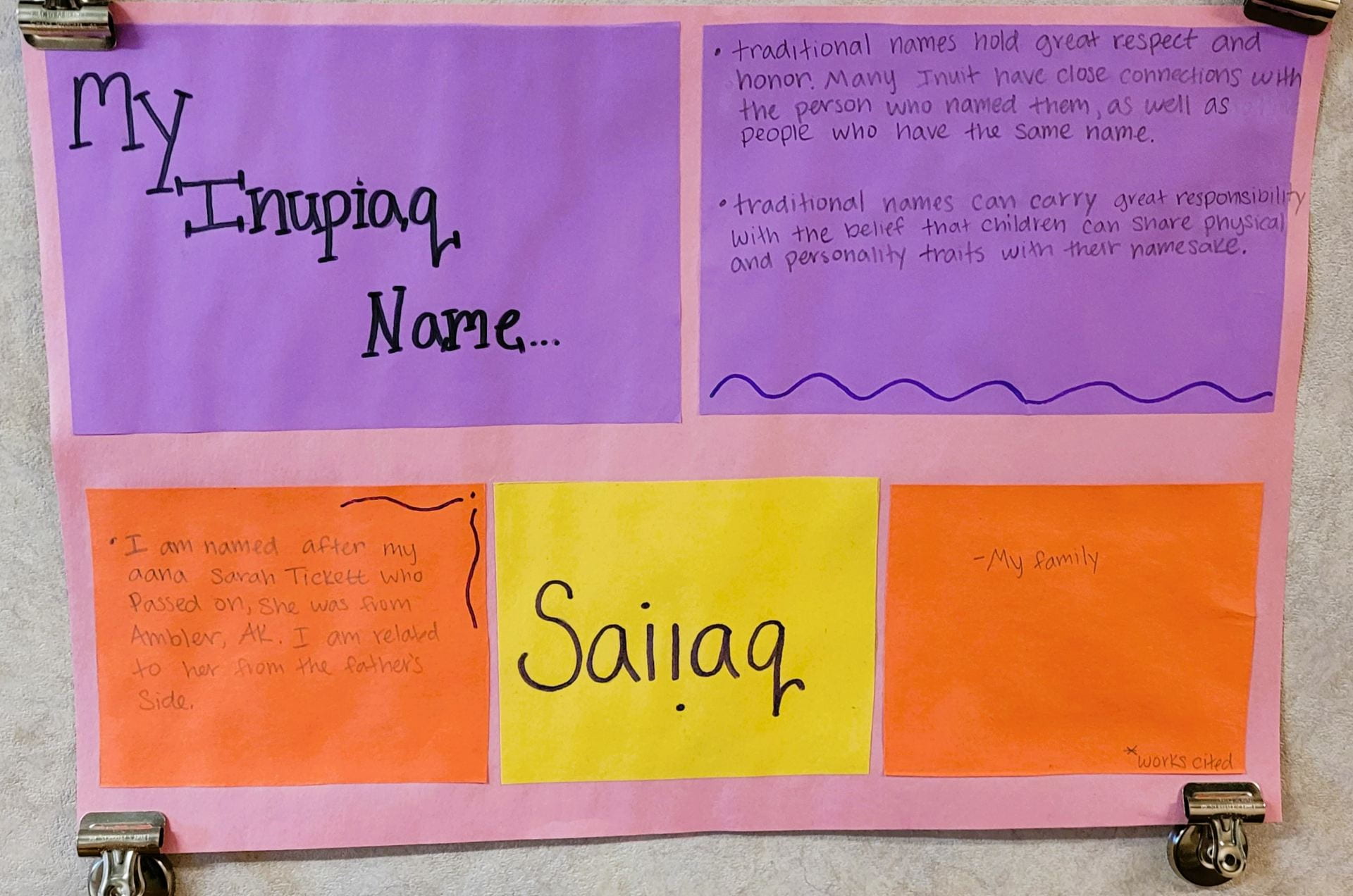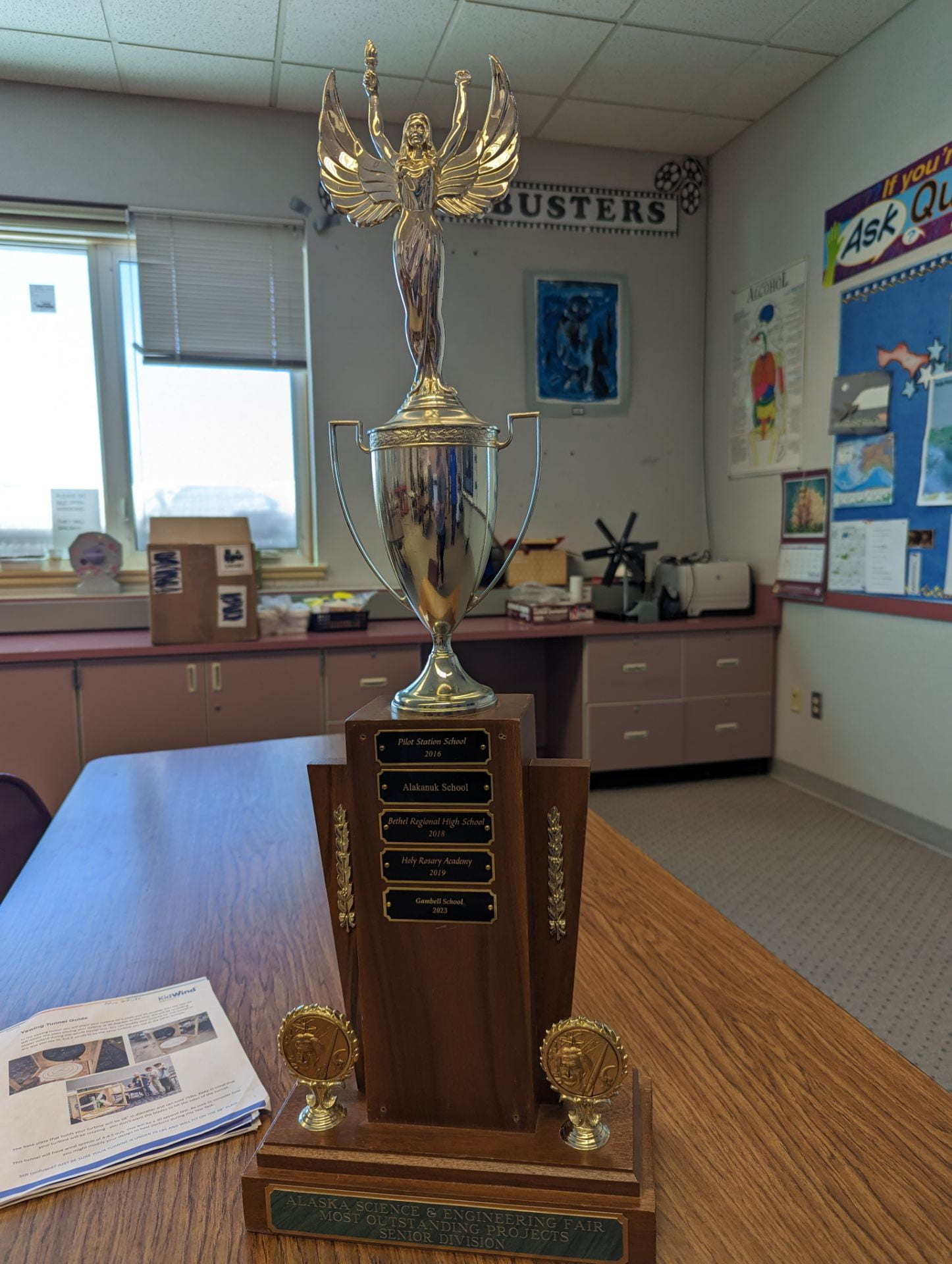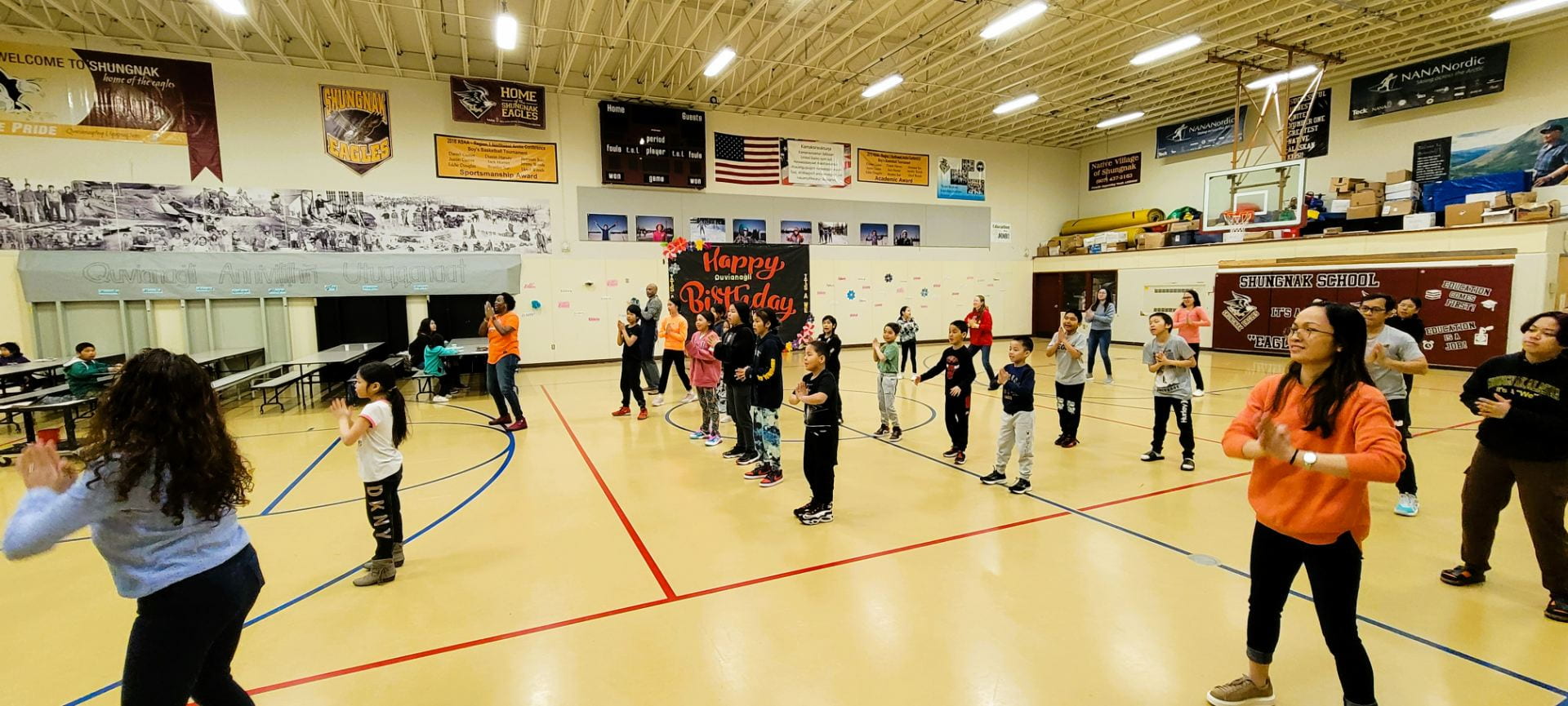When Mark John, Cultural Advisor of Calista Education and Culture (CEC) and Elder from Toksook Bay, talks about his work with CEC, he stresses the importance of engaging youth and documenting knowledge and place names for future generations. Mark John has been working with colleagues at CEC to document Yup’ik place names for decades. The Yup’ik Elders he works with believe that sharing knowledge freely across generations is an important part of Yup’ik culture. Yup’ik Elders are eager to teach young people the rich history and names of places of their homeland, including camp and settlement sites, rivers, sloughs, rocks, and ponds. Place names hold stories and knowledge important for language and cultural retention.
